Last update images today Central Eurasia Map: Unveiling The Heartland
Central Eurasia Map: Unveiling the Heartland
Introduction: Central Eurasia Map - More Than Just Borders
Central Eurasia, a region often overlooked yet steeped in history and brimming with cultural significance, is a geographical and cultural crossroads. This week, interest in Central Eurasian maps is trending, fueled by ongoing geopolitical shifts, renewed exploration of its rich heritage, and the growing importance of the region in global trade and development. This article delves into the complexities of the Central Eurasia map, its historical evolution, current significance, and the burning questions surrounding it. We'll navigate its diverse landscapes, unravel its intricate political tapestry, and explore why understanding this region is more crucial than ever.
Target Audience: Students, researchers, travelers, policymakers, and anyone interested in geography, history, and geopolitics.
Central Eurasia Map: Defining the Boundaries
Defining Central Eurasia is the first challenge. Unlike continents with clear-cut oceanic boundaries, Central Eurasia is defined by a combination of geography, history, and culture.
-
Geographical Definitions: Generally, Central Eurasia lies between Eastern Europe, Russia, South Asia, and East Asia. Common geographical boundaries include:
- The Ural Mountains (sometimes included as part of the boundary)
- The Caspian Sea
- The Tian Shan mountain range
- The Altai Mountains
- The northern parts of the Iranian and Afghan plateaus.
-
Political Definitions: Politically, the core countries commonly considered part of Central Eurasia are:
- Kazakhstan
- Uzbekistan
- Kyrgyzstan
- Tajikistan
- Turkmenistan
Other regions, like parts of Mongolia, Afghanistan, and even areas of southern Russia and western China (Xinjiang), are sometimes included based on historical and cultural factors.
Caption: A modern political map highlighting the core countries of Central Eurasia: Kazakhstan, Uzbekistan, Kyrgyzstan, Tajikistan, and Turkmenistan. Alt Text: Political map of Central Eurasia
Central Eurasia Map: A Historical Perspective
Understanding the present-day Central Eurasia map requires a journey through its complex past.
-
Ancient Silk Road: For centuries, Central Eurasia was the heart of the Silk Road, a network of trade routes connecting East and West. Cities like Samarkand, Bukhara, and Merv flourished as centers of commerce, culture, and intellectual exchange. The map reflected a fluid network of kingdoms, empires, and trading outposts, constantly shifting with the rise and fall of dynasties.
-
The Mongol Empire: In the 13th century, the Mongol Empire, under Genghis Khan and his successors, swept across Central Eurasia, uniting vast territories under its rule. The Mongol conquests reshaped the political map, establishing new trade routes and facilitating cultural exchange on an unprecedented scale.
-
Russian and Chinese Influence: In the 19th century, the Russian Empire expanded southward into Central Asia in what became known as "The Great Game," a strategic rivalry with the British Empire. Concurrently, the Qing Dynasty of China consolidated its control over Xinjiang. This period saw the emergence of new borders and administrative divisions that laid the foundation for the modern political map.
-
Soviet Era: The collapse of the Russian Empire after World War I led to the establishment of the Soviet Union. Central Asia became a part of the Soviet system, with its republics - Kazakhstan, Uzbekistan, Kyrgyzstan, Tajikistan, and Turkmenistan - drawn along ethno-linguistic lines. This era resulted in significant infrastructure development, but also suppressed local cultures and traditions. The Soviet Union's collapse in 1991 led to the independence of these Central Asian states, solidifying the current political map.
Caption: A map depicting the Silk Road routes, highlighting the strategic importance of Central Eurasia in ancient trade networks. Alt Text: Silk Road Map Central Eurasia
Central Eurasia Map: Contemporary Significance
Today, Central Eurasia is strategically important for several reasons:
-
Energy Resources: The region is rich in oil and natural gas reserves, making it a key player in global energy markets. Pipelines crisscross the Central Eurasia map, transporting resources to Europe and Asia.
-
Geopolitical Crossroads: Situated between Russia, China, and other major powers, Central Eurasia is a zone of geopolitical competition. Countries vie for influence through economic investment, security partnerships, and cultural diplomacy.
-
Trade and Connectivity: Central Eurasia is a crucial link in China's Belt and Road Initiative (BRI), a massive infrastructure project aimed at connecting Asia, Europe, and Africa. The BRI is transforming the region's transportation networks and boosting trade opportunities.
-
Cultural Diversity: The Central Eurasia map reflects a vibrant mosaic of cultures, languages, and religions. From the nomadic traditions of the Kazakh steppes to the ancient cities of Uzbekistan, the region offers a rich cultural heritage.
Caption: A map illustrating the Belt and Road Initiative (BRI) routes through Central Eurasia, highlighting the region's growing importance in global trade and infrastructure development. Alt Text: Belt and Road Initiative Central Eurasia Map
Central Eurasia Map: Key Questions and Answers
The trending interest in Central Eurasian maps is also driven by key questions that people are asking:
Q: What is the largest country in Central Asia, and what are its main geographical features?
A: Kazakhstan is the largest country in Central Asia. It is characterized by vast steppes, deserts, mountains (especially in the southeast), and significant water bodies like the Caspian Sea and Lake Balkhash.
Q: What are the major languages spoken in Central Eurasia?
A: The major languages include Turkic languages like Kazakh, Uzbek, Kyrgyz, Turkmen, and Uyghur (in Xinjiang), as well as Tajik (a Persian language), Russian (a legacy of the Soviet era), and Mandarin Chinese (especially in Xinjiang).
Q: What are the main challenges facing Central Asian countries today?
A: Challenges include economic diversification (reducing reliance on energy exports), political stability (managing authoritarian tendencies and ensuring peaceful transitions of power), water scarcity (due to climate change and competing demands), and regional security threats (including terrorism and cross-border crime).
Q: How is the Belt and Road Initiative impacting Central Eurasia?
A: The BRI is bringing significant infrastructure investment to the region, improving connectivity and boosting trade. However, it also raises concerns about debt sustainability, environmental impacts, and potential geopolitical influence from China.
Q: What are some of the most important historical sites in Central Eurasia?
A: Key historical sites include Samarkand and Bukhara (Uzbekistan), known for their stunning Islamic architecture; the ancient city of Merv (Turkmenistan); and the petroglyphs of Tamgaly (Kazakhstan).
Conclusion: The Evolving Central Eurasia Map
The Central Eurasia map is a dynamic entity, shaped by centuries of history, shifting geopolitical forces, and the aspirations of its diverse populations. Understanding its complexities is crucial for anyone seeking to grasp the evolving dynamics of this vital region. As Central Eurasia continues to navigate its place in the world, its map will undoubtedly continue to evolve, reflecting its ongoing transformation.
Summary Question and Answer: What are the core countries of Central Eurasia, and what are some of the key challenges they face? Answer: The core countries are Kazakhstan, Uzbekistan, Kyrgyzstan, Tajikistan, and Turkmenistan. Key challenges include economic diversification, political stability, water scarcity, and regional security threats.
Keywords: Central Eurasia Map, Central Asia, Kazakhstan, Uzbekistan, Kyrgyzstan, Tajikistan, Turkmenistan, Silk Road, Belt and Road Initiative, Geopolitics, History, Geography, Energy Resources, China, Russia, The Great Game, Soviet Union.

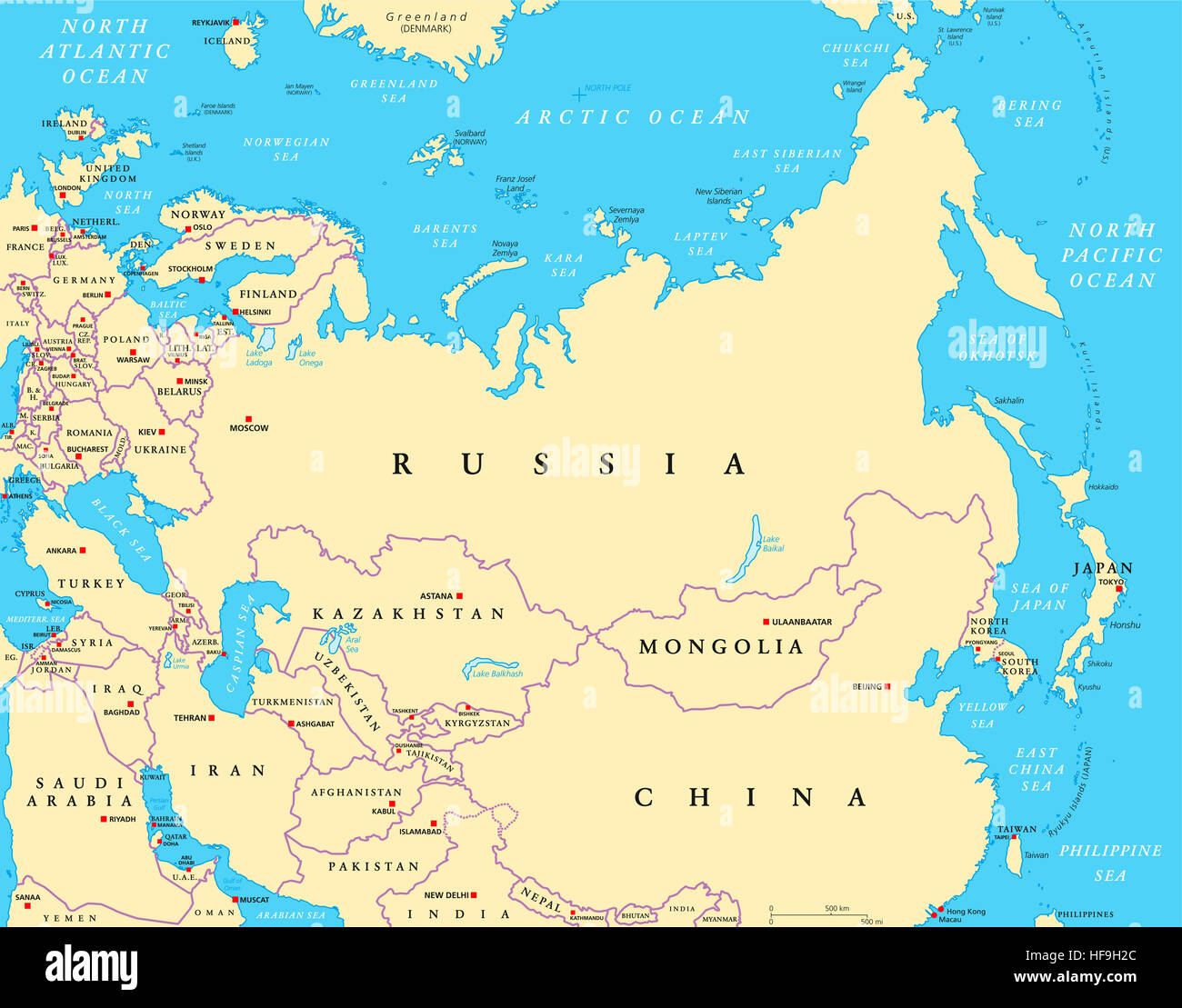
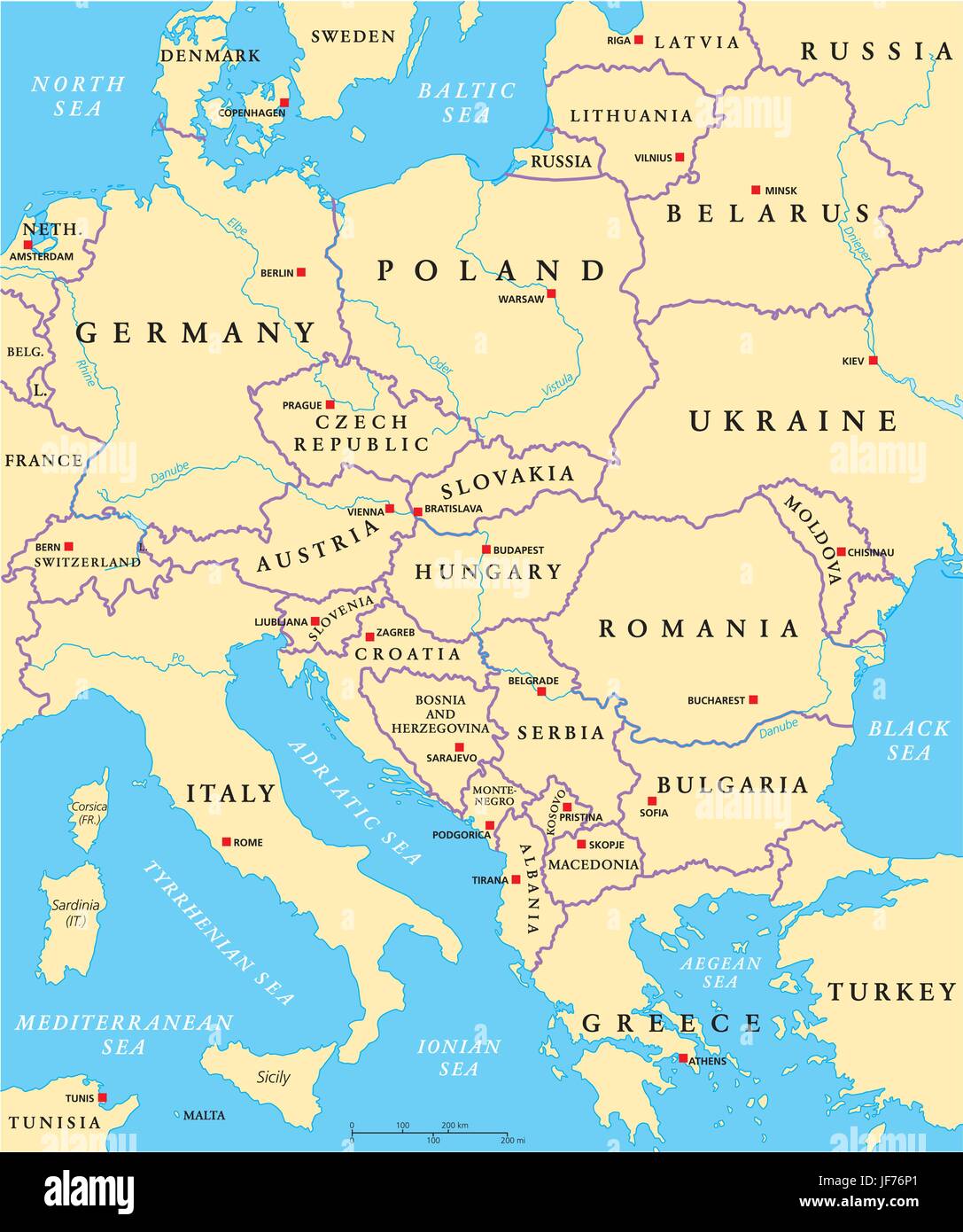



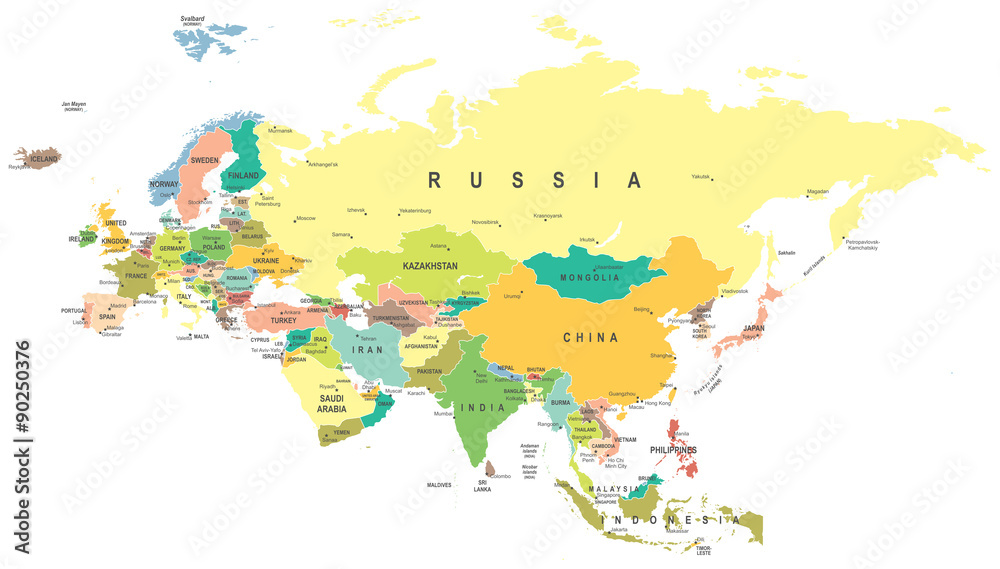
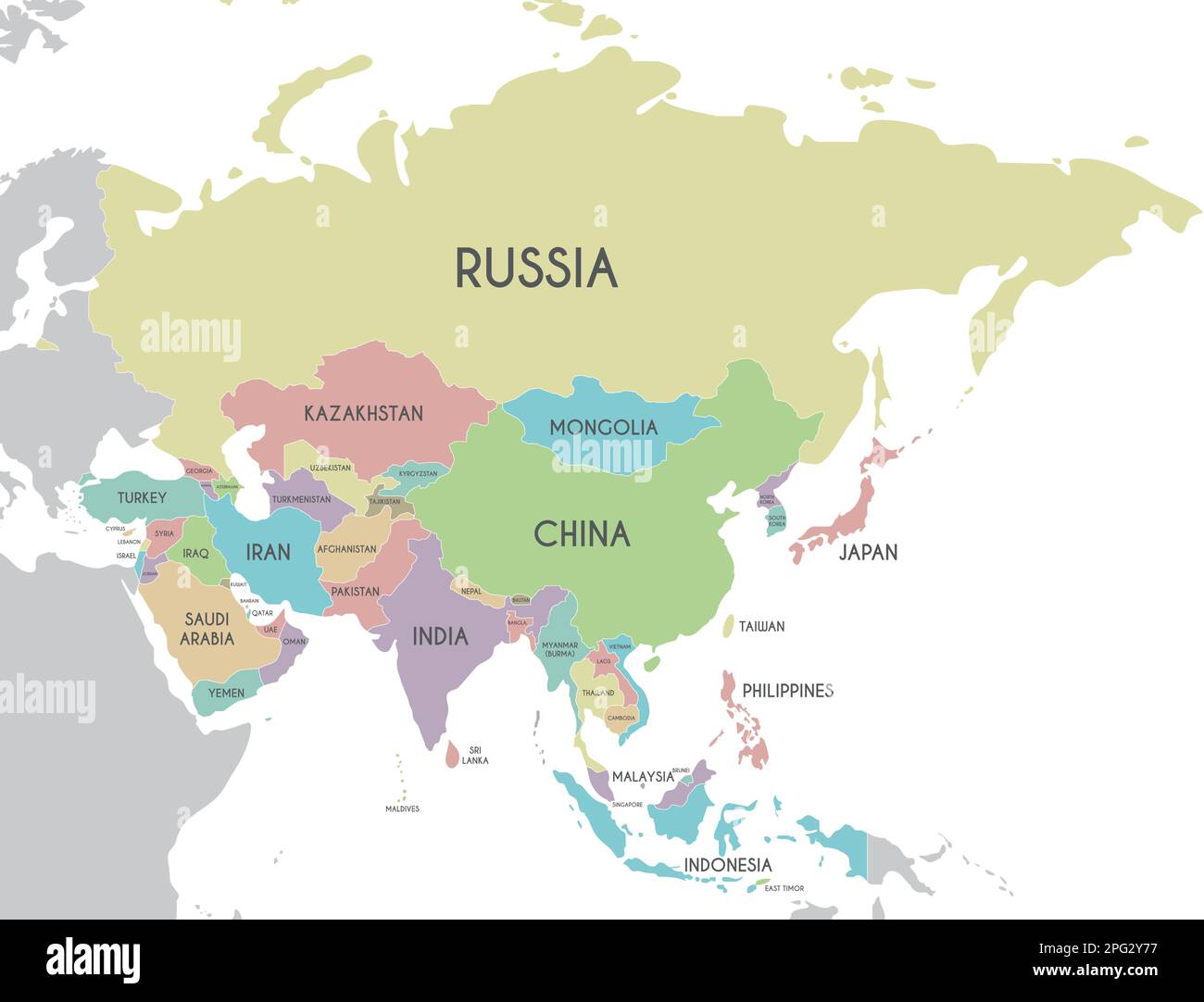
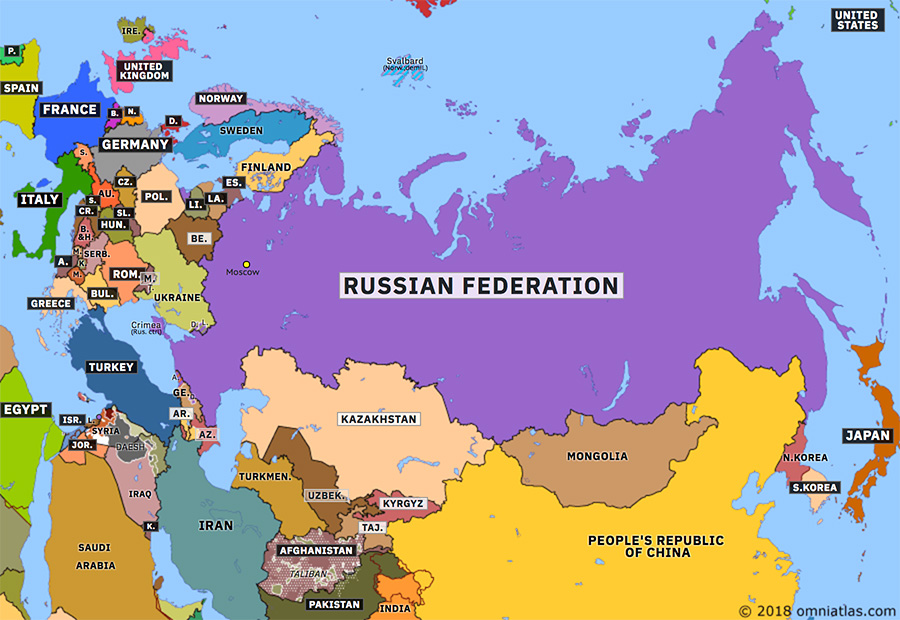
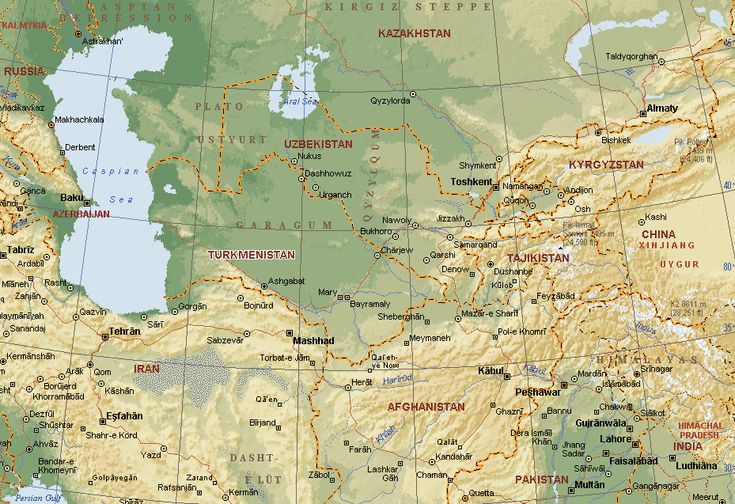




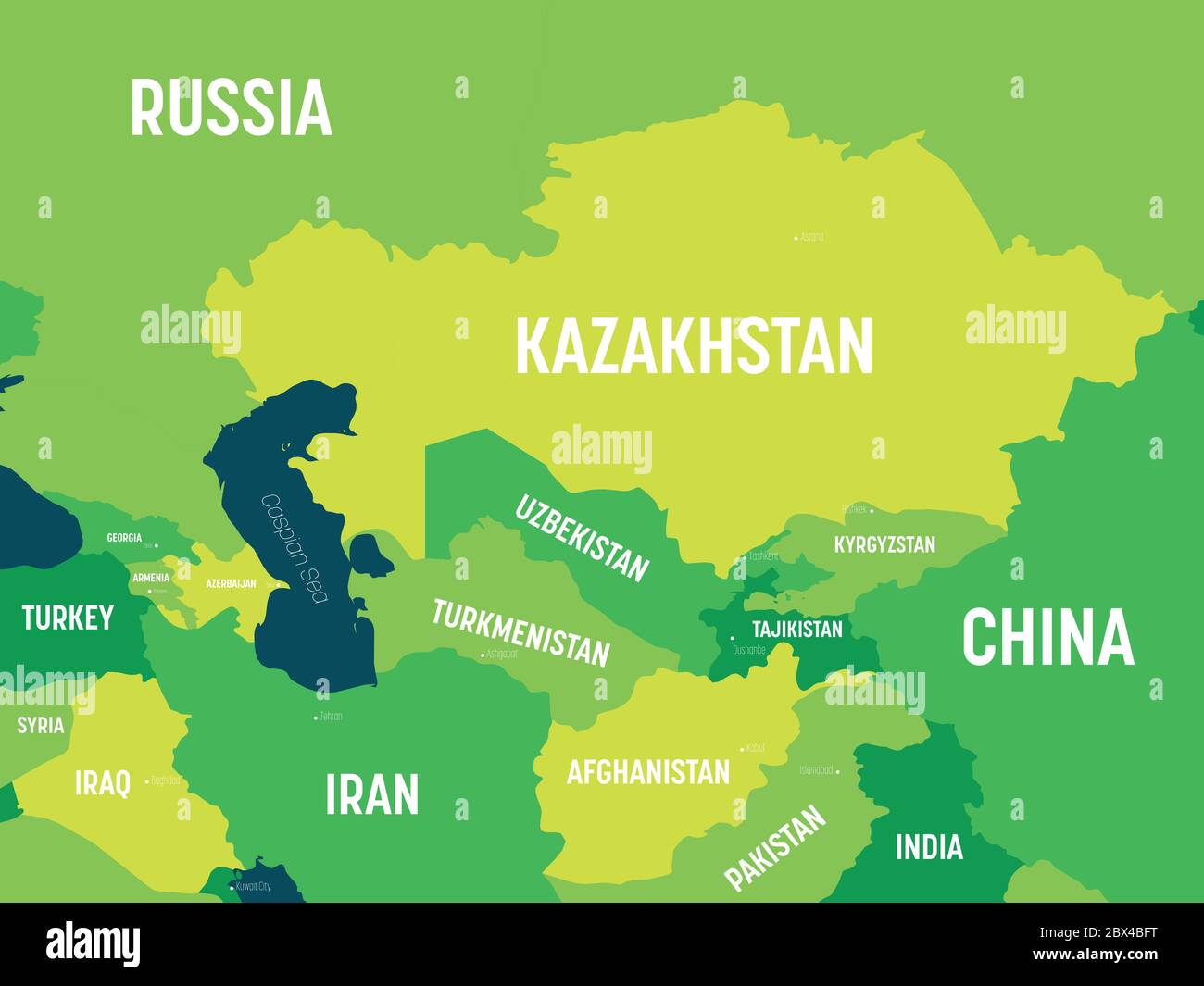
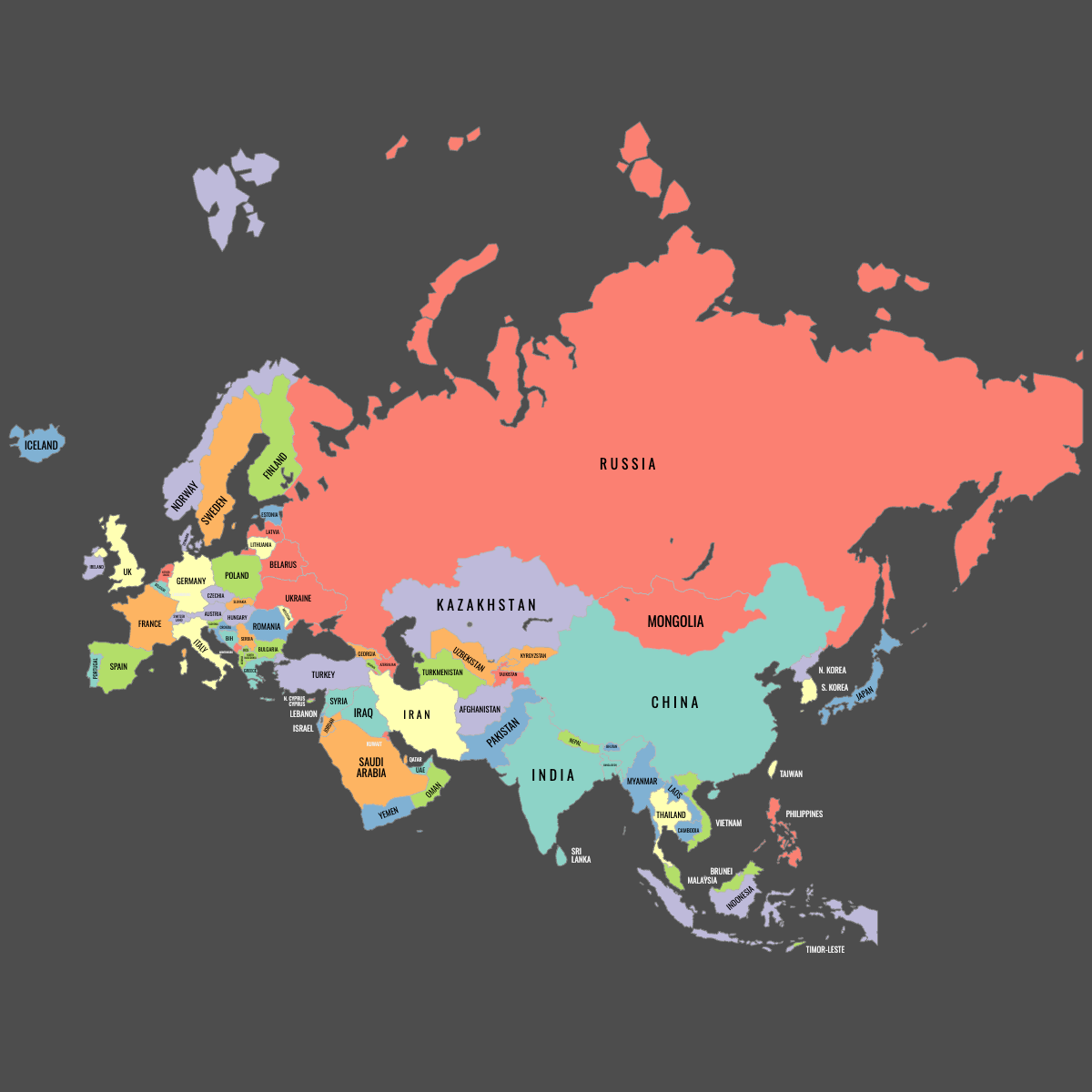



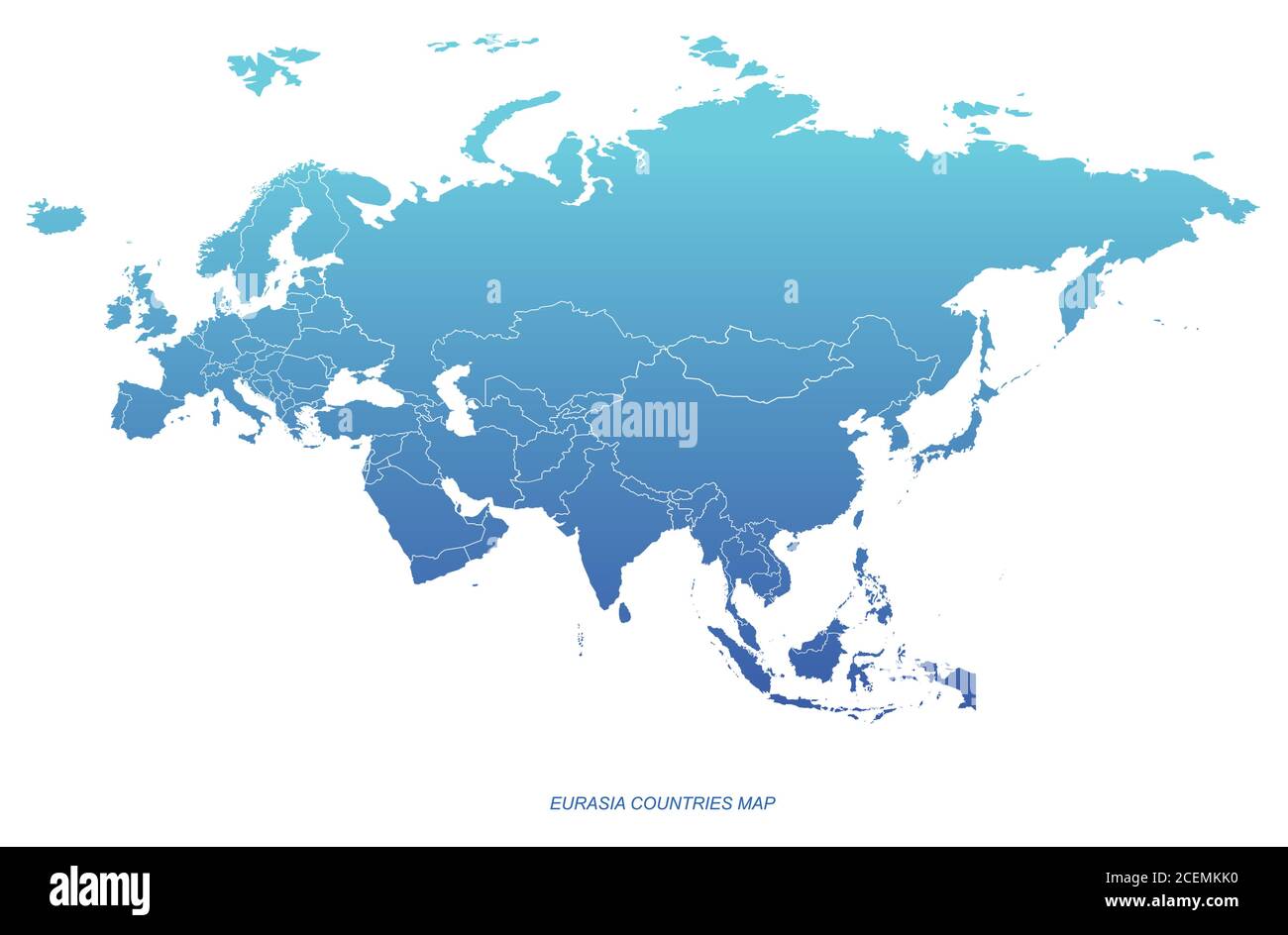
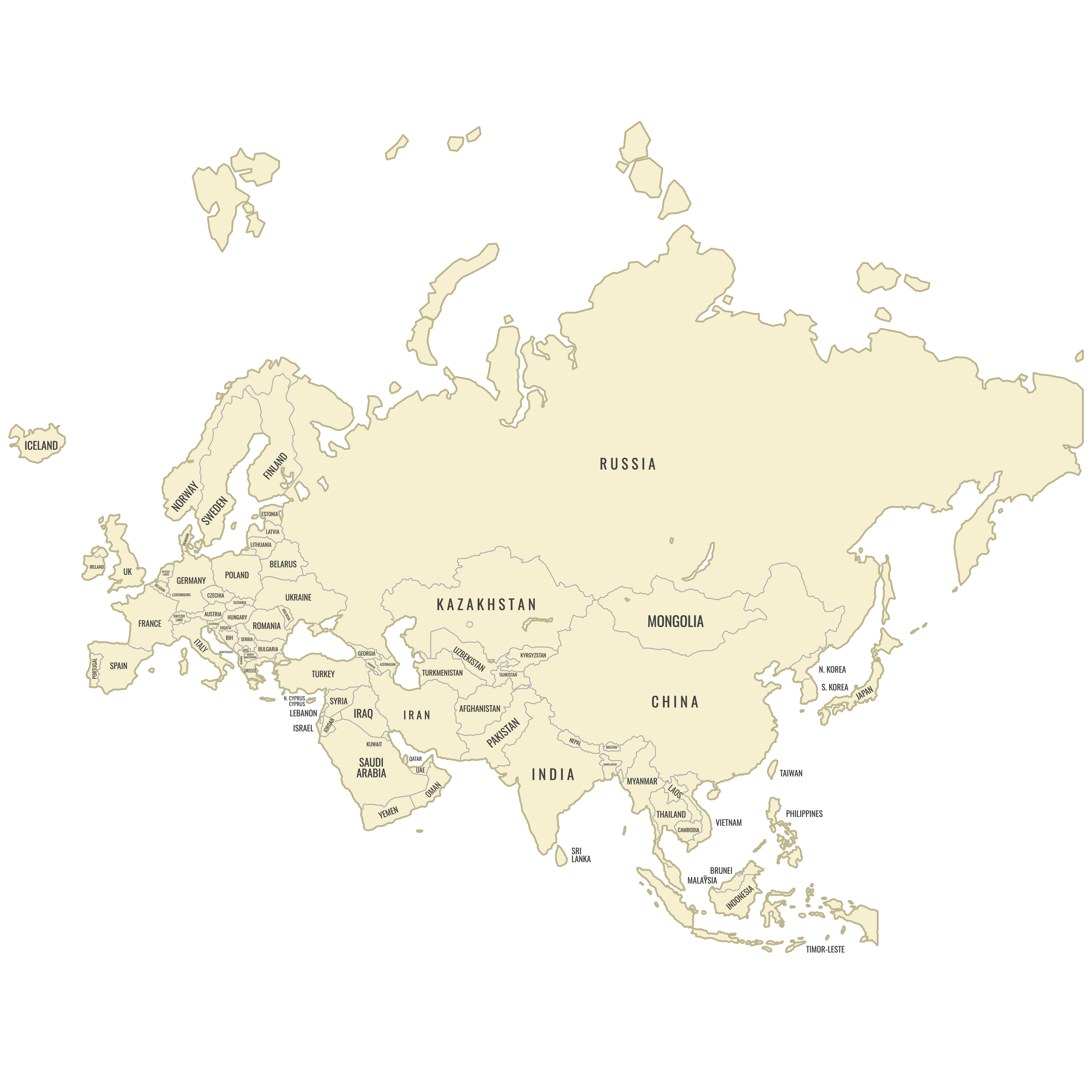
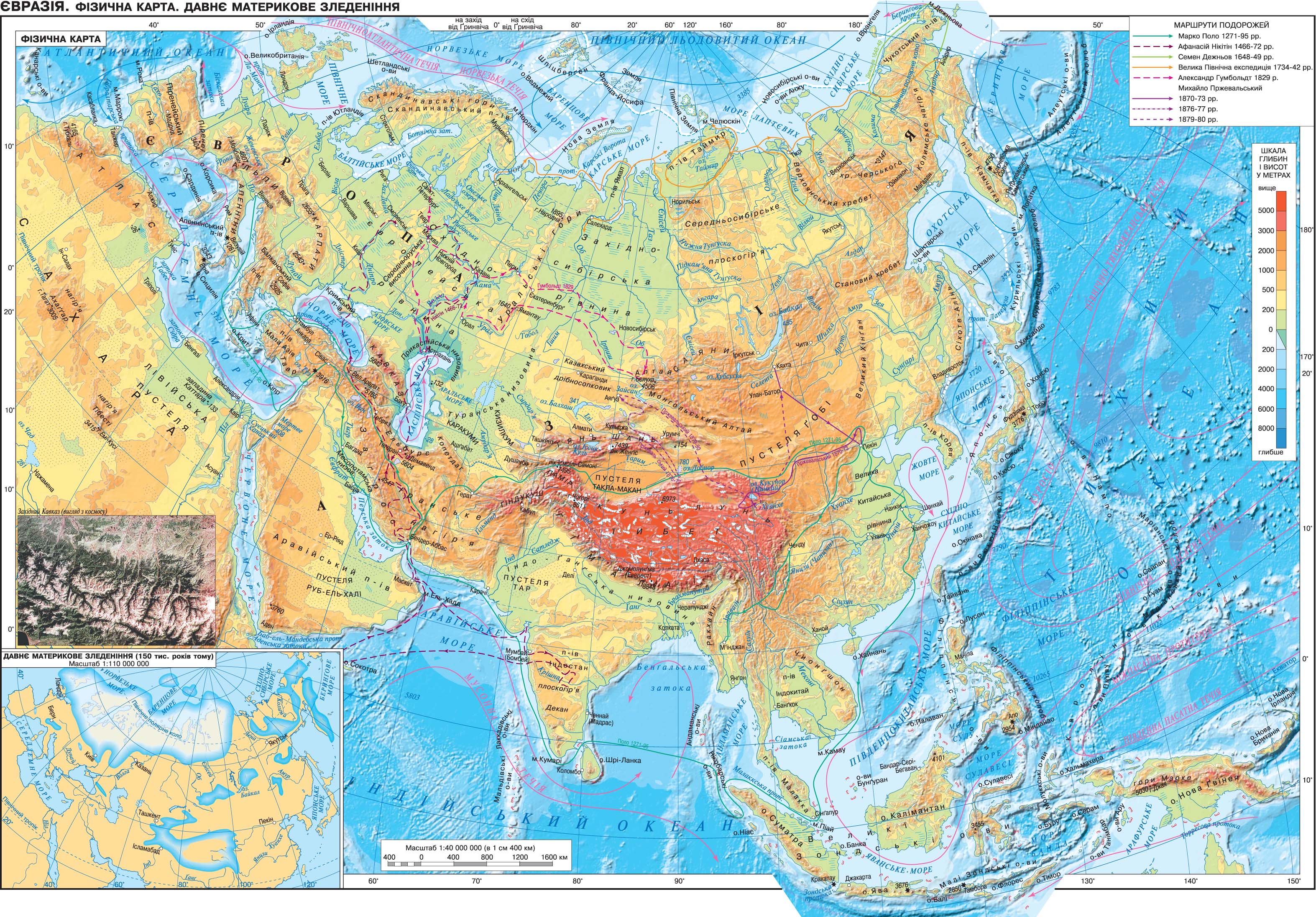

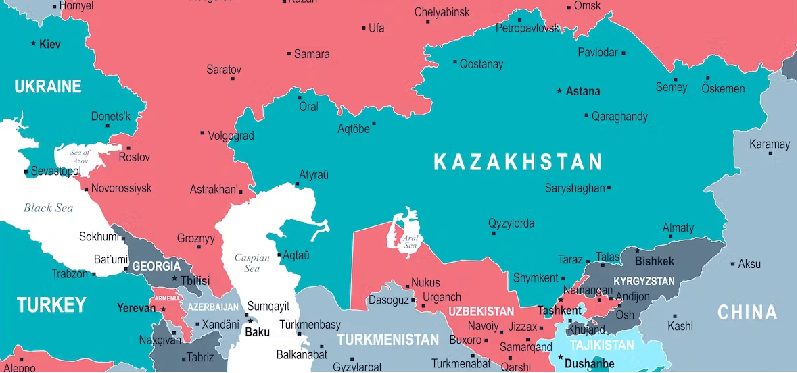
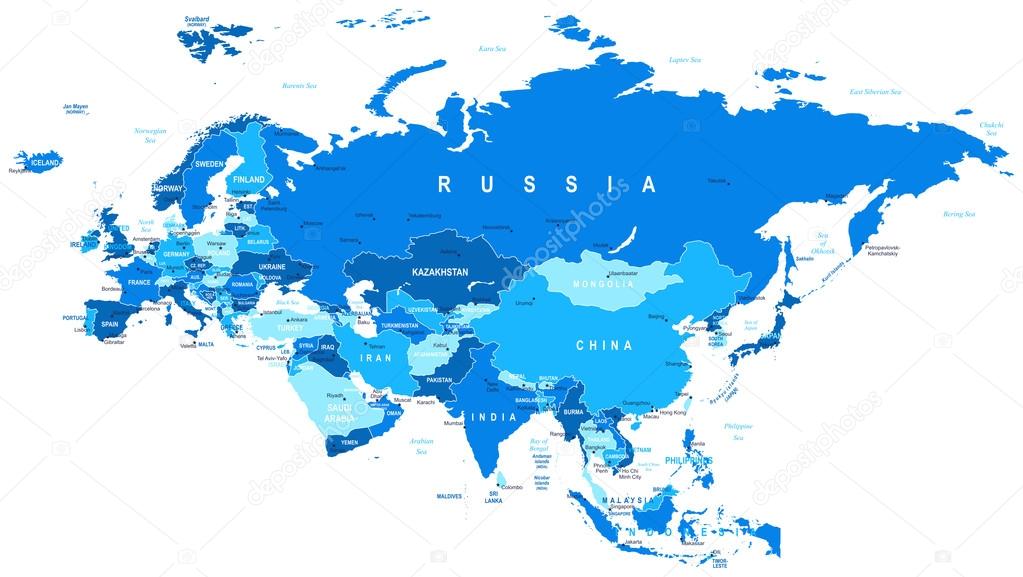
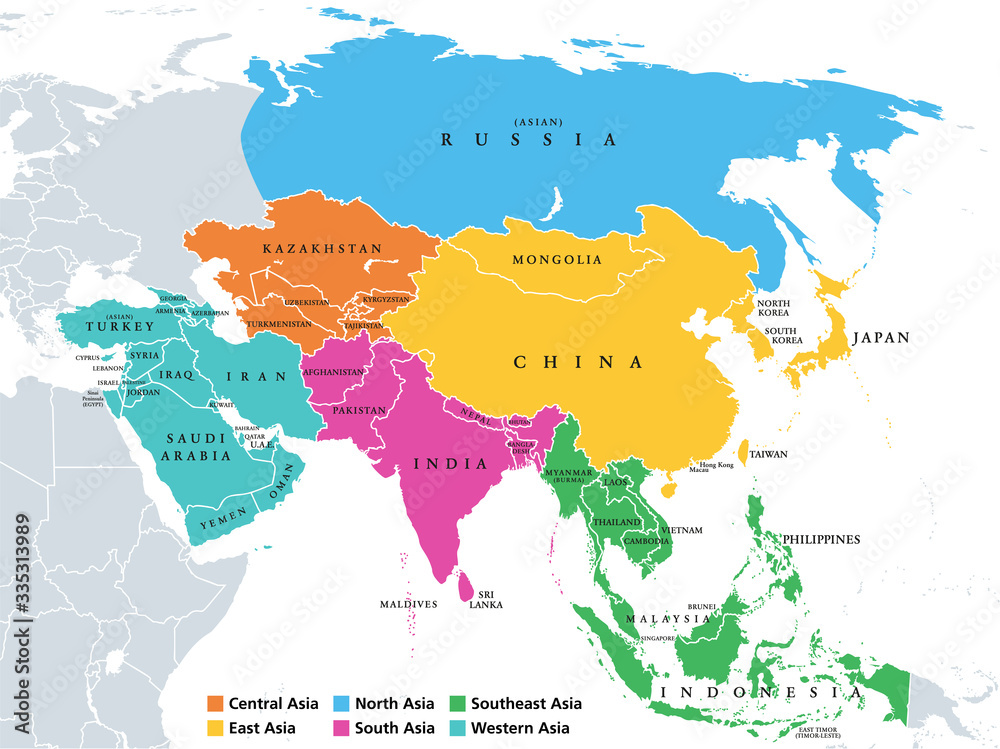



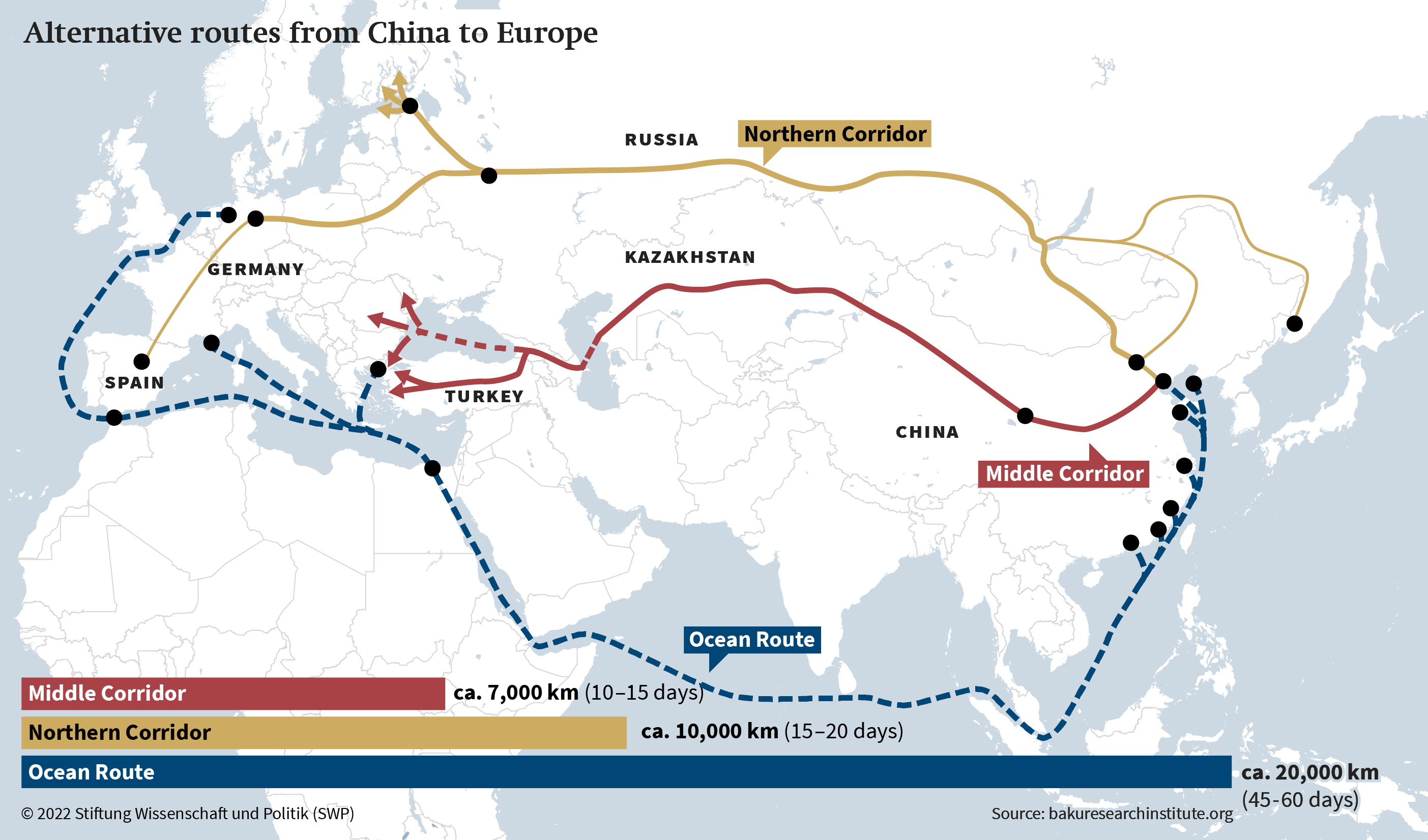
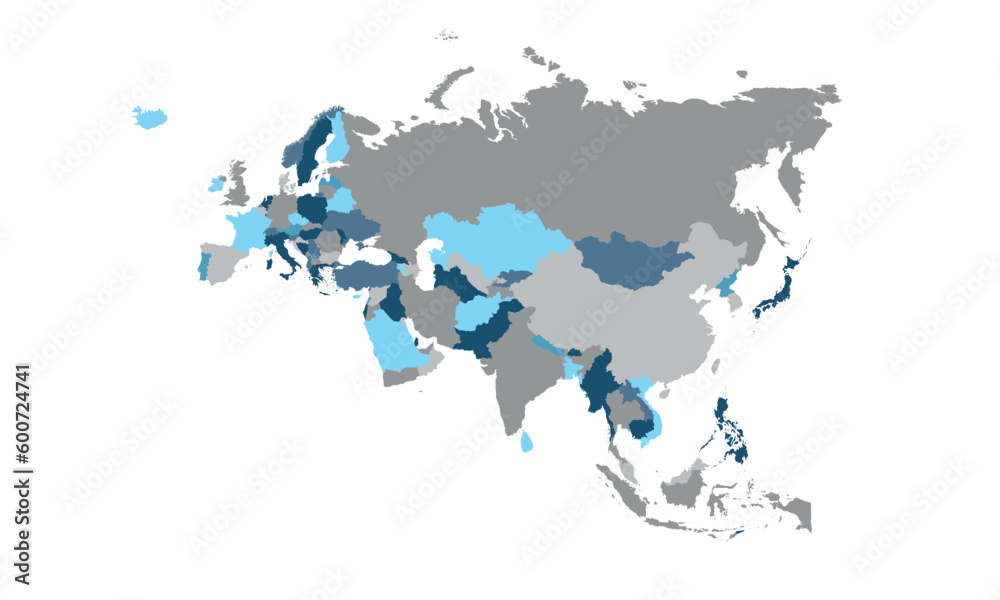
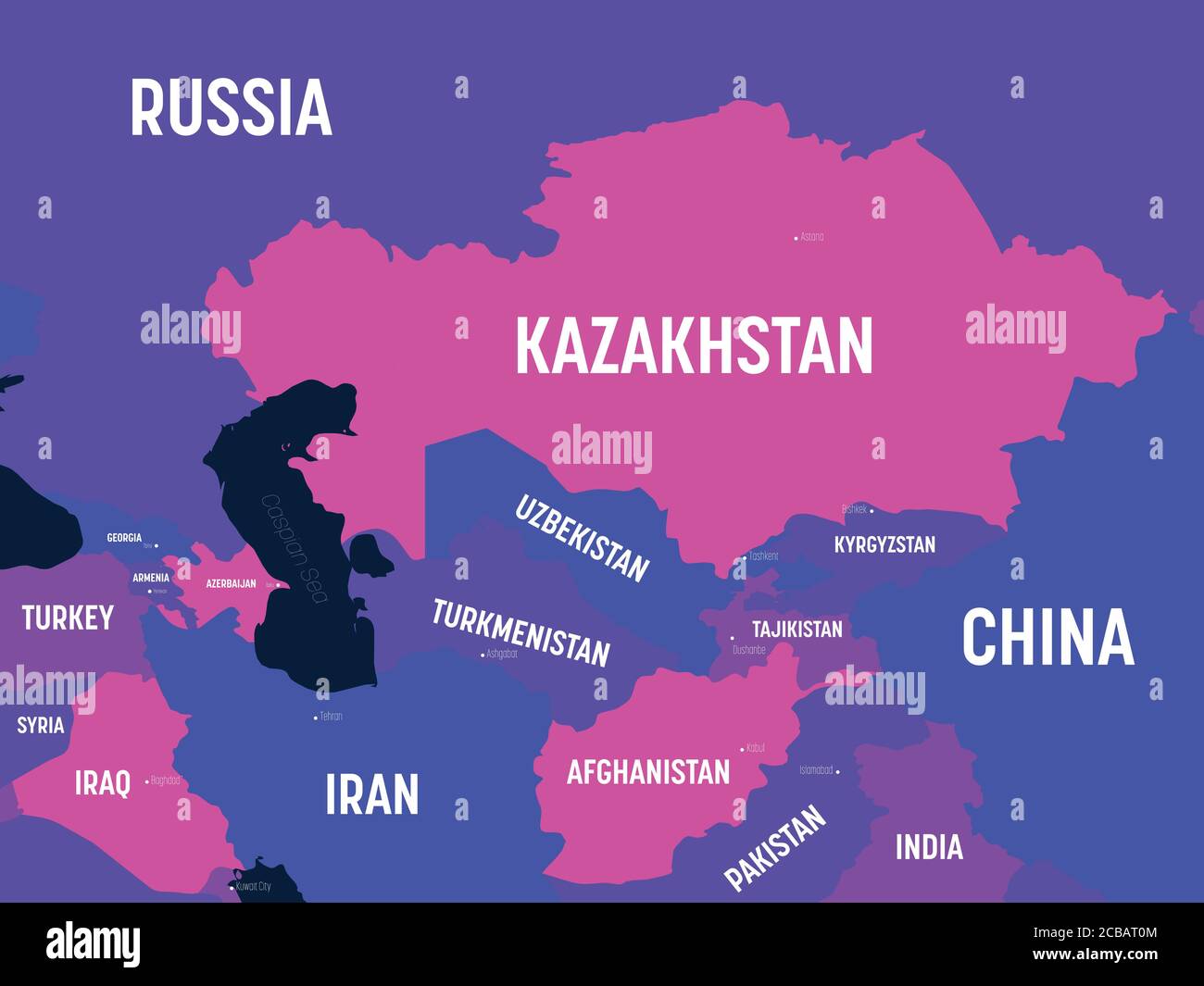
Forging Sustainable Transport Connectivity Enhancing EU Central Asia 2022C64 MiddleCorridor 001 Eurasia Map Political Map Of Eurasia Eurasia Countries Vector Map Europe And Asia Continental Map Stock Eurasia Countries Vector Map Europe And Asia Continental Map 2CEMKK0 Poster Eurasia Map Highly Detailed Vector Illustration Muurposter 1000 F 90250376 S1fPxViEGgRtWNllfK3i4toxhQAywDHE Blank Map Of Eurasia Ultimaps Ultimaps Labeled Map Of Eurasia Eurasia Map Europe Central Central Europe Continent Eurasia Map Atlas Map Of The JF76P1 Eurasia Map With Isolated Countries Eurasia Detailed Map Europe And 1000 F 600724741 9Ma6rNBZYReU3kXbeE6Sqc4mlZzJaLG4
Central Europe And Northern Eurasia Political Map United States Map ELPA38l PVjZ1 R4WNS5HBLy4skUoTRoMfa02ZPkRagm8mgZkThy5 6TbEBm QlxOnvljnleh9zNSMfsV9 NIM7bVUmaSwtengpanzmB AXQJvUcKA=w1200 H630 P K No NuCentral Asia Maps Eurasian Geopolitics In 2025 Central Asia Map Ae723e2c9ef3b12a130c256f0dcd0ee4 Eurasia Map 745405eb91eab5b4374a7d5945e7db76 Map Of Eurasia Labeled Central Asia Map Green Hue Colored On Dark Background High Detailed Political Map Of Central Asian Region With Country Capital Ocean And Sea Names Labeling 2BX4BFT Eurasia Map Labeled Russia20151109 Eurasia Physical Map R 38 39 Ch 11 North And Central Eurasia Map Diagram Quizlet YDjZ.pgsKR6XPm2uP8q2sw B Eurasia Map Labeled Political Asia Map Vector Illustration Isolated On White Background Editable And Clearly Labeled Layers 2PG2Y77
Political Map Of Central Asia Map Ca Map Premium Photo 3D Map Of Belarus 2025 Modern Design With Earth Environment 3d Map Belarus 2025 Modern Design With Earth Environment 976564 3203 Map Of Eurasia With Countries And Capitals Central Asia Map High Detailed Political Map Of Central Asian Region With Country Capital Ocean And Sea Names Labeling 2CBAT0M FIG URE 1 Map Of North Central Eurasia With Sites Attributed To FIG URE 1 Map Of North Central Eurasia With Sites Attributed To Sintashta And Petrovka Political Map Of Eurasia Fig 1 Political Map Of Eurasia Source Http Geographyofrussiacom Karta Evrazii Countries Of North And Central Eurasia Identify And Learn About 1a5e4188eb4226586e259de4366671fcf922e836 180 4 Maps Of Eurasia Understanding The Region 63e4585bed3108bf2e48ba36 Screenshot 20230208 091939
First Central Asia China Summit A New Format Of Cooperation For The Central Asia Silk Road Stabilizing Factor For Eurasia Eurasia Map 93c6bfbcf323ffd68190e957b95ffe95 Northern Eurasia And Central Asia Map Quiz Geographic Features TLAKsS5chqAFuaOvDIkMMQ B Map Of Eurasia With Countries And Capitals Eurasia Political Map With Capitals And National Borders Combined HF9H2C Map Of Eurasia Ultimaps Ultimaps Colored Map Of Eurasia Dark Labels Map Of Eurasia With Countries Map Of Eurasia. Countries In Colour Are Members Of Eurasian Economic Union And Commonwealth Of Independent States Where Is Central Eurasia Brainly In 9aaea779352052e1637a9d2a7601092e Dikobrazik 82253588 Depositphotos 82253588 Stock Illustration Eurasia Map Illustration
Political Map Of Eurasia 1000 F 335313989 SYOK3mUhhV0SVOH0D7CzgJvCZ8ltVyDD Caucasus And Central Asia Map Vector Illustration With Kazakhstan Caucasus And Central Asia Map Vector Illustration With Kazakhstan Georgia Turkey And Russia Central Asia A Litmus Test For US Washington Should Adopt Indian CentralAsia 1

